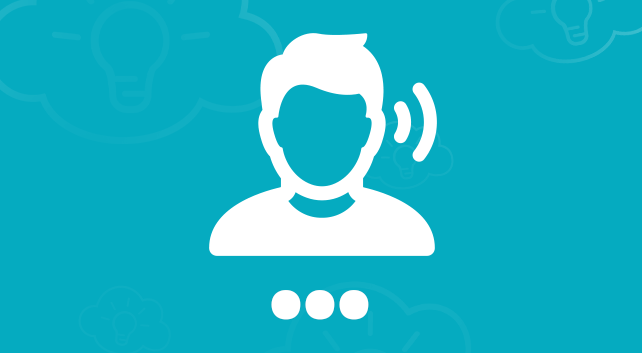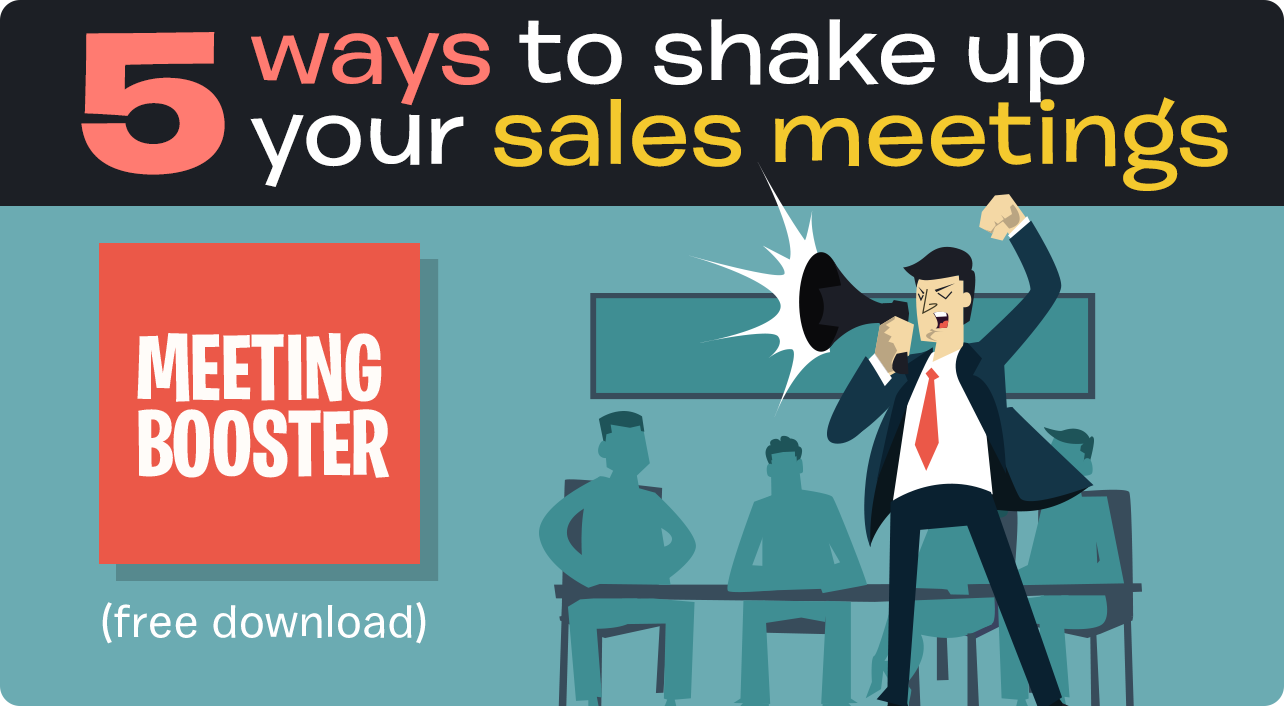- sales
- Blog post
Listen to your customer, sure. And then?
Listen to your customer. This piece of sales advice is so obvious that perhaps you feel I should be embarrassed even bringing it up.
But in fact, this four-word injunction may be a little more complicated than you think. And it might be worth our time to analyze it carefully.
Specifically, I’d like to look at what happens once you’ve opened your ears, banished competing thoughts from your mind, and are sitting there listening like all get-out. Does this act magically open the door to the deep customer understanding that is a must if you want to make the sale?
I don’t think it does. If listening is all you do, you risk having what buyers are trying to tell you — and they won’t always be great at explaining their needs — go in one ear and out the other.
‘I learned so much! Like, er…’
You know what I’m talking about. We’ve all had deep conversations during which we felt we were really learning a lot — only to be unable to remember very many important details, or even one, five minutes later. And that phenomenon only increases in frequency as we get older, I can tell you!
So what’s the solution if you want your listening to actually yield the kind of understanding that will help you propose the perfect solution to your customer?
You might consider a technique some of us last used back in our college classes — note-taking. If you’re already doing this, bravo. But for various reasons, salespeople don’t always take notes when they’re talking with buyers. And I think it’s safe to say that you should.
Your attention, please
What happens when you take notes? Well, for one thing, it forces you to pay attention.
Yes, you should always be paying attention to your customer anyway. But let’s face it, if the customer is a bit long-winded or boring, or it’s the end of a long work day for you, you might slip into a daze where you’re saying “um-hum” but not really taking in what you’re hearing.
Another thing that taking notes does, according to academic research, is improve the learning experience you take away. Note-taking, one study points out, allows the note-taker to “make connections between idea units and engage in deep processing.” In other words, it helps you put everything together in a way you’re likely to remember.
And of course, a good set of notes gives you something to refer back to. That’s handy if you need to do some research on the buyer’s needs and requirements outside the context of your meetings with him or her.
Laptop or pen-and-paper?
What’s the best way to take notes, electronically or via the traditional pen-and-paper method? Both have advantages and shortcomings.
If you’re typing notes into a laptop, you’re less likely to miss something the customer says, because if you’re a decent typist, your fingers can keep up pretty well. But because you’re simply transcribing what the person is saying, you’re not thinking about it as deeply.
If you’re writing notes with a pen or pencil, you probably won’t be able to go fast enough to catch everything, meaning you may miss a critical point. But because you’re forced to pick and choose from what’s being said, rather than trying to get it all down, you’re thinking about the content of the buyer’s communication in a focused way that’s more likely to yield insight.
Whatever method you choose, taking notes is generally a good idea when you’re with buyers. There may be times when this is impossible or inappropriate, but for the most part, it’ll help you get the most from that old adage that we started out with, listen to your customer.

Get a demo of all our training features
Connect with an expert for a one-on-one demonstration of how BTS Total Access can help develop your team.



1 Comment
Your technique is good, Dave. Nothing is more embarrassing than pretending to be listening intently to your customer and then answering without sense when he asked. To add, I would suggest, “taking enough sleep at night, eight hours, if possible.” Your lack of sleep could actually affect your energy during the day. Getting enough sleep will refresh your enthusiasm, making you more alert.